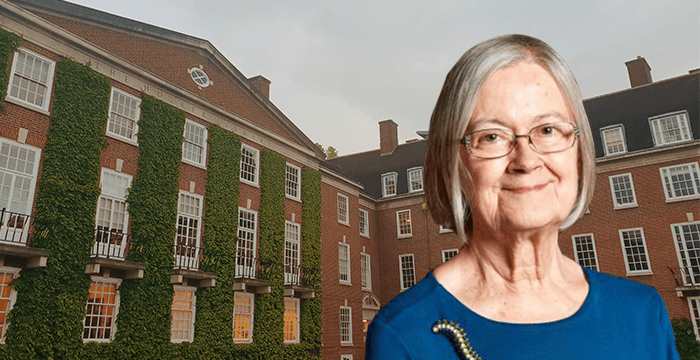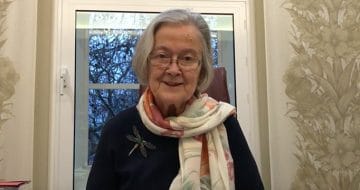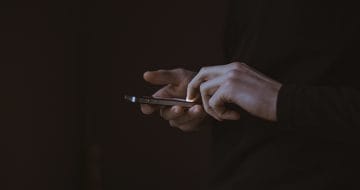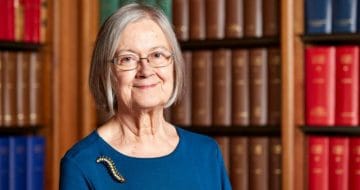‘I say thank you to her almost every day for what she did for us’

The president of the Supreme Court shared the inspiring tale of her mother who quickly became the breadwinner when she was suddenly widowed.
Speaking yesterday at the ‘100 Years of Women at the Bar’ event at Gray’s Inn to mark the centenary of the Sex Disqualification (Removal) Act 1919 which enabled women to practise as barristers, Lady Hale described her mother as a “brilliant” female role model — even if she didn’t realise it when she was younger.
Hale, recalled that her mother, although trained as a teacher in the 1930s, was later “forced” to give up teaching when she married Hale’s father, a headteacher. “Married women [were] not allowed to stay on as teachers in state schools,” she explained.
But then her father “died, very suddenly”. Her mother, who became a widow, took on the responsibility for Hale, aged 13, and her younger sister, aged 12, and had little choice but to return to work. Hale, who grew up in Yorkshire, recalled:
“She picked up and dusted off her teaching qualifications. Got herself a teaching job in the same area so that we could stay living in the same area, going to the same schools, having the same friends and losing as little as possible of our lives as the result of our father’s sudden death.”
Although it wasn’t a great experience at the time, looking back Hale expressed how appreciative she is of her mother, who eventually went onto become headteacher of the local primary school: “I say thank you to her almost every day for what she did for us.”
When asked by Legal Cheek why she didn’t follow her parents’ footsteps into school teaching, Hale said:
“One of the reasons I went into law was that I didn’t want to be a school teacher. It’s partly because I thought I wasn’t good at explaining things to young people — actually I turned out to be good at explaining things to students but maybe not to younger people. I saw how my parents worked and what their lives were like and I thought I’ll go and do something else. Of course I ended up law teaching.”
After being called to the bar in 1969, Hale, often referred to as the ‘Beyoncé of the legal profession’, spent nearly 20 years teaching at the University of Manchester until 1984. Now, the first female president of the Supreme Court is set to step down from the UK’s top bench in January 2020.
When asked by Legal Cheek what she has planned for life after the bench, Hale, aged 74, had this to say:
“I’ll do a bit of sitting because I’m a member of the Court of Final Appeal in Hong Kong. I’ll probably do quite a lot of speaking and writing, and I might even drop into the House of Lords because I’m a member [there] — so I have lots to do.”
For the latest news, commercial awareness insight, careers advice and events:
Sign up to the Legal Cheek Newsletter


